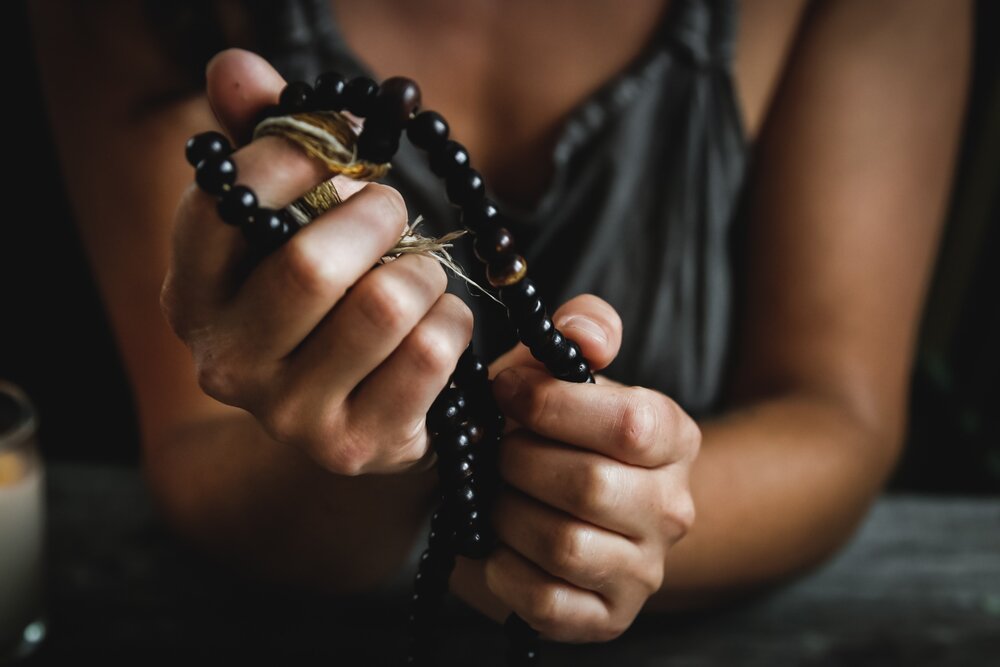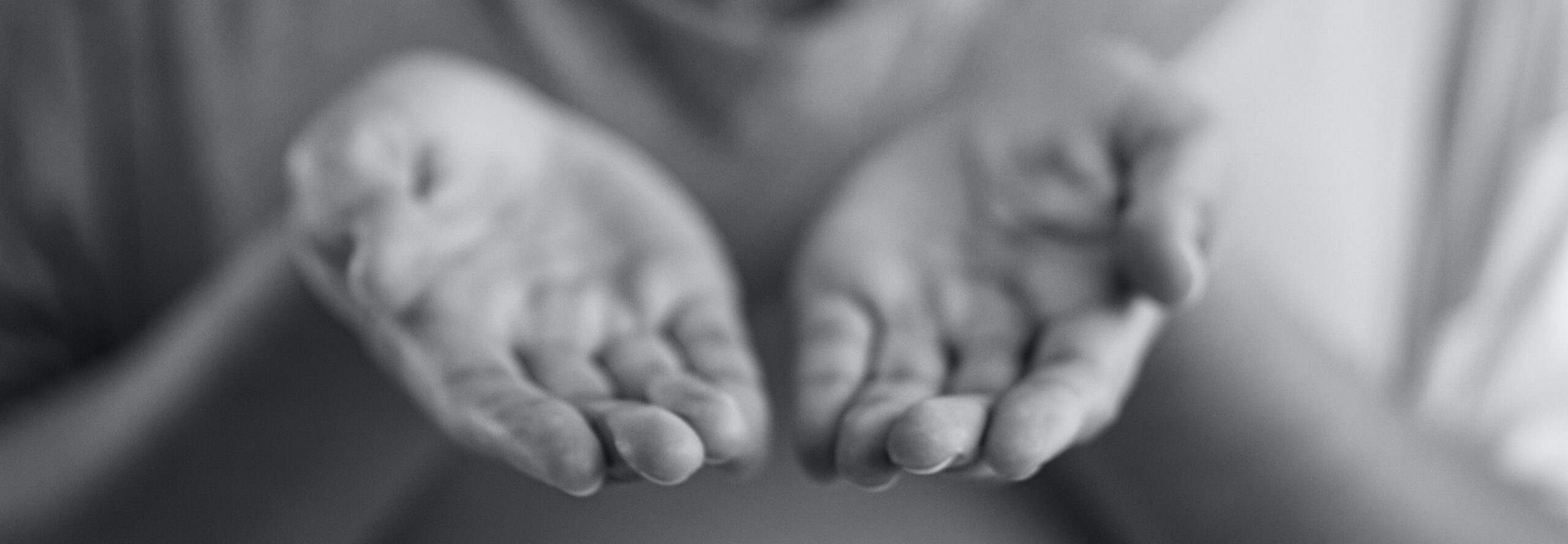What is Collective Trauma?
Events like COVID-19, the subsequent recession, and national outrage and protests over George Floyd’s death have caused overwhelming internal reactions, resulting in collective, societal, trauma. Often times, this suffering remains undigested and unhealed and gets passed on to the next generation. Intergenerational trauma continues either directly, via epigenetic markers, or indirectly, through what’s considered the trauma neural net. Regardless of the name (collective, intergenerational, historical, etc.), trauma is disruptive, chaotic, and life-changing.
Everyone’s experience with trauma differently and its’ impacts can range anywhere from mild grief or short-term depression to an unending, life-changing bout of PTSD. When we experience a traumatizing event, our systems become overwhelmed, frozen, fragmented, disembodied, anxious, depressed, and easily triggered. Trauma can affect our expectations of the future, sense of hope, and plans. The sooner you are able to gain a sense of centeredness and calm, the better you will be able to cope with the long-term impacts.No matter what you believe you should feel, collective trauma can take a toll on your mental, physical, and spiritual well-being. Emotional wounds remain stored in the body until we actively work to become aware of, heal, and release them. If we allow trauma to destroy us from the inside, it will take a toll on our physical well-being. To heal your mind and body, integrate these #healinghacks into your life.
1. Movement practice
Trauma disconnects us from our bodies, leaving us feeling numb and disembodied. Movement practices give us the chance to feel and be present again in our bodies by improving our brain’s neuroplasticity.
Choose an activity that you love. I’m personally a huge fan of dancing. A choreographed dance class is a great challenge for the mind and body. You will be forced to let go of excess thoughts to follow the moves. This type of practice requires presence, patience, resilience, embodiment, concentration, a willingness to make mistakes and to have fun.
If you’re not up for a long, one-hour session, opt for a movement snack of five or ten minutes. Remember, you can choose any type of movement; walking, hiking, cycling, swimming, yoga, or whatever you love to do.
2. Emotional support
Collective trauma can feel like a mild case of the blues; walls up, and hearts closed, scared, anxious, and depressed, and shut down. It’s easier to brush off this type of feeling and curl up in a ball and watch Netflix. Instead, consider connecting with loved ones.
Reaching out to trusted friends and family can help you recover. Studies have shown that support from family, friends, and the community can help reduce physical and emotional stress when a person is healing from trauma.
Take one step at a time if you feel stuck and isolated. If you can’t think of anyone you want to reach out to, begin with a digital community where you can receive support while remaining anonymous.
3. Collective healing
To prevent long-term negative impacts on emotional and physical health, experts recommend healing in what’s called the “we-space,” with others who can share your experience. This type of conscious, embodied, group healing provides collective energy where you can process pain through relational support.
My main focus since COVID hit has been to provide this type of space; weekly we-space healing sessions to help individuals who are suffering from collective trauma. You can link up and join them by following me on IG.
4. Self-care day
Healing from trauma can be a long journey, so taking time to rest and recharge is essential. Set aside one day or weekend each month for self-care. Since we observe social distancing at my house, our self-care weekend is a spa weekend at home. We spend time pampering ourselves with bubble baths, facials, and massages.
5. Meditation
Meditation can be used to detox and discharge any emotional sludge built up in our psyche as a result of trauma. It can help cultivate your inner wisdom, setting aside what you feel you should be doing for what feels right on a more intuitive level. Over time, this builds resilience against future pain and suffering.
Even if it’s challenging at first, sitting in meditation for one minute can establish inner peace. Use the practice to separate from your thoughts. As you relate more subjectively to the trauma, it will control you less and less.
6. Affirmations
Create present-tense affirmations that support your healing process. Examples might be, “My mind and body are calm and buffered from chaos,” or, “I am empowered and living my dreams.” If you don’t know where to begin, start with pre-recorded affirmations, like this awesome mix.
Write them down in a notebook or journal. Take time each day to recite them. Feel them through your body. When you believe the statements you make, they will come true.
Affirmations seem silly when you first begin practicing them. Slowly but surely, your mind becomes convinced that what you speak is reality. Empirical studies have proven that because of our need as humans to maintain self-identity and self-integrity, we subconsciously work to make the affirmation a reality. Soon enough, the affirmation that was once a statement on a piece of paper (or in your head), is now your truth IRL.
7. Music
“He took his pain and turned it into something beautiful. Into something that people connect to. And that’s what good music does. It speaks to you. It changes you.” – Hannah Harrington, Saving June.
Music has a way of helping us move stuck emotions. Use it to help you process and soothe yourself if you feel inconsolable or crave a creative outlet. Spotify is a great resource for pre-made mixes. One I happened upon recently, called Daily Wellness, is a “mix of music and wellness to guide you throughout your entire day.
8. Virtual therapy and healing
If you cannot find enough support yourself, reaching out for professional help is always a great idea. Virtual therapy is a great option in the midst of the pandemic and you are maintaining social distance. Plus, this medium is convenient, accessible, and saves time.
Depending on what type of healing you would like to do, different platforms would be more appropriate. Talkspace is a top-rated traditional therapy setting, whereas WellSet offers holistic therapy and healing through practitioners and virtual wellness classes, and a platform like Healers connects healers with clients.
Somatic healing is a powerful medium for moving through trauma of any type; collective, intergenerational, historical, individual. Sign up for a Gut Check with me to chat more about how I can help you process and heal.
9. Daily Ritual
Each day, set aside five to fifteen minutes to do your movement, meditation, or affirmation practice, or combine them together. Weave in music, connection with others, collective healing, self-care, and virtual healing throughout your week to work through trauma over time. A daily ritual with any of the healing hacks, alone or in combination, will do the trick.
Self-regulation, which can be achieved through any of the healing hacks, helps the brain form new neural pathways. Carving out a daily ritual of these practices will reinforce these positive changes.
Keep a journal and notice how you progress over weeks and months. Take note of how you feel and your thoughts at different times of the day, several times throughout the week. Over time, expect your outlook, perspective, and mindset to shift enough so you can begin living without the shadow of the trauma in your life.




Comments +